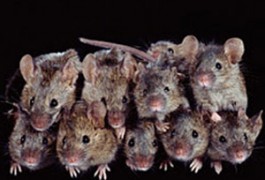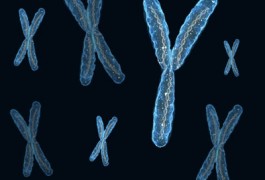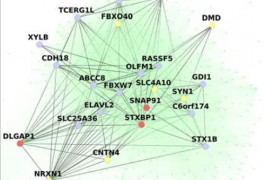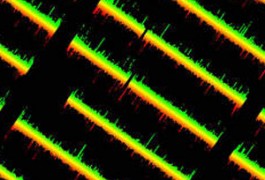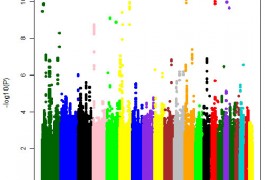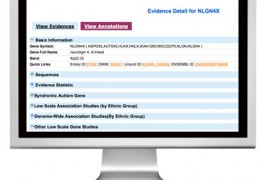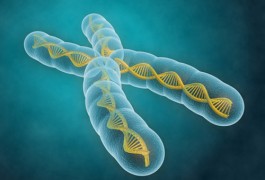Rinse and repeat
Researchers typically use only one ‘cohort,’ a group of about three dozen mice, for a given set of experiments. When others repeat the experiments with a different set of animals, sometimes the results hold up, and sometimes they don’t.
